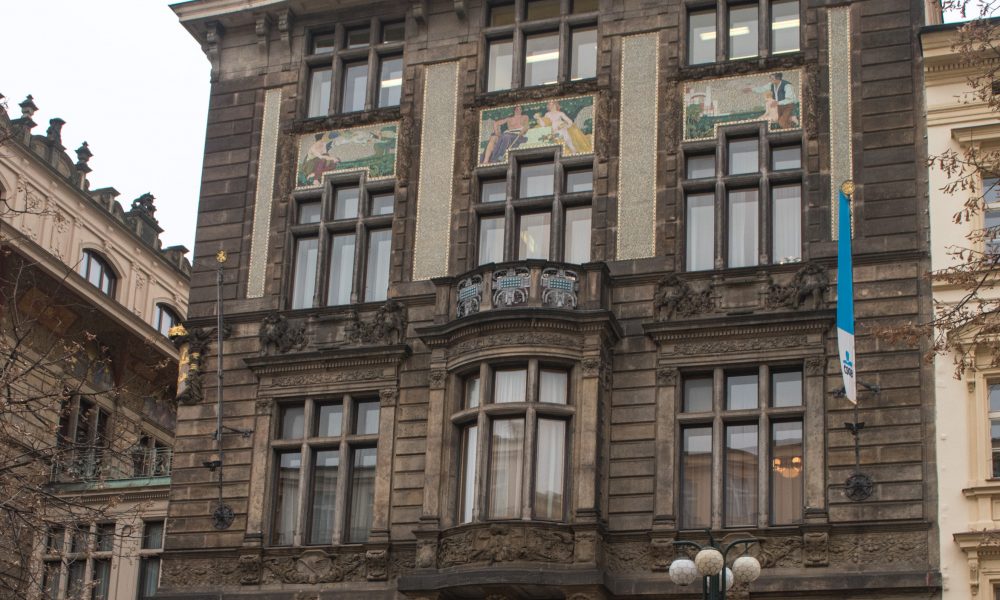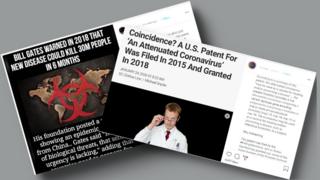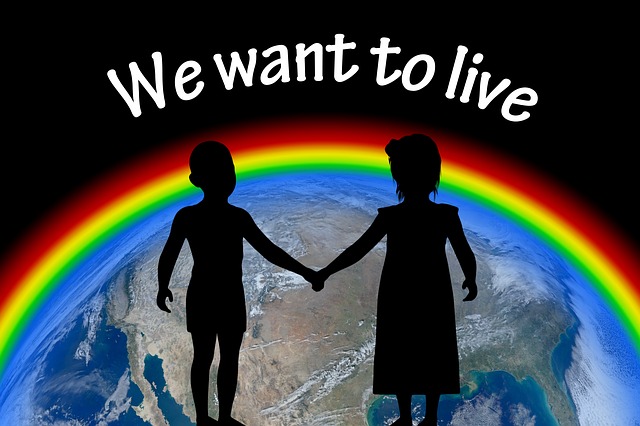Coronavirus News
Coronavirus: How a false rumour led to hate online
Researching viruses in farm animals is essential rather than glamorous work, and The Pirbright Institute in Surrey excels at it. But recently they’ve been getting some very unwanted attention. For months they’ve been unwittingly drawn into the orbit of conspiracy theorists, including those who accuse Bill Gates of planning the coronavirus pandemic. It’s led to…


Researching viruses in farm animals is essential rather than glamorous work, and The Pirbright Institute in Surrey excels at it. But recently they’ve been getting some very unwanted attention.
For months they’ve been unwittingly drawn into the orbit of conspiracy theorists, including those who accuse Bill Gates of planning the coronavirus pandemic. It’s led to hate mail and threatening phone calls.
“We’d never experienced anything quite like that. Some of the commentary was quite vicious. Calling us murderers, that type of thing”, says Teresa Maughan, head of communications.
Teresa remembers one particular phone call. The person had rung up before, leaving a colleague in tears after shouting down the phone accusing them of creating coronavirus and using it as a bioweapon.
“He then called me pretending to be Mrs Doubtfire, so it was pretty obvious it was somebody putting on a voice. He said something sexually abusive to me and I obviously put the phone down.”
Image copyright
Teresa Maughan
Teresa Maughan says some of the abuse they’ve received has been vicious
It all started in January with misleading social media posts about a patent.
Jordan Sather, a YouTuber who promotes the pro-Trump QAnon conspiracy in the United States, posted a series of tweets linking The Pirbright Institute to a patent “for the coronavirus” granted in 2018.
Coronaviruses are a large family of viruses known to cause a range of illnesses in both animals and humans. The novel coronavirus that causes Covid-19 only emerged at the end of 2019, so the suggestion being made was that the institute had identified this virus much earlier and lodged a “patent” for it.
The institute does hold a patent, but it’s linked to research into a vaccine for a previously known coronavirus that affects chickens.
Image copyright
Twitter
Mr Sather also wrote that Bill and Melinda Gates were major funders of this Pirbright project, later speculating: “Was the release of this disease planned?”
The connection to Bill Gates has drawn the institute into a much bigger global conspiracy theory – tapping into the unfounded notion that sinister forces led by Mr Gates have orchestrated the whole pandemic to eventually make huge profits from a Covid-19 vaccine.
The Gates Foundation is one of the world’s largest supporters of global health projects, and The Pirbright is quite open about its funding from there for research linked to vaccines. However, that funding isn’t related to any work for which a patent has been taken out.
At the end of March, long after the attacks began on social media, The Pirbright started working with Oxford University and Public Health England to test a potential Covid-19 vaccine on pigs, a necessary stage before a vaccine can be tested on humans.
We tried to contact Mr Sather about his comments but have been unable to get a response. In a later tweet he says he didn’t claim The Pirbright patent was specifically for the “novel coronavirus” (the virus which causes Covid-19).
Bill Gates has been a regular target for conspiracy theorists
A search for The Pirbright Institute on CrowdTangle, a social media monitoring tool, returned 191,000 results between 16 January 2020 and 16 June. There were just 711 in the previous six months.
All manner of false accusations were levelled at them: that they had a patent for the virus or a vaccine for it; that they were actually based in Wuhan; that they were owned by Bill Gates.
Image copyright
Dr Erica Bickerton
Dr Erica Bickerton is one of the scientists at The Pirbright Institute
Online abuse was hurled at staff. An email to Dr Erica Bickerton, an expert in molecular virology, read:
“You know the composition of this Virus so you know how to destroy it…SO PLEASE I REQUEST YOU NOT LET MY FAMILY DIE AND TELL ME THE ANTIDOTE.”
“Personally I found the misinformation spreading quite difficult”, says Dr Bickerton,”because the work we’re trying to do is to help livestock and other animals and understand this virus.”
Someone even went to the trouble of setting up a fake “Pirbright” website offering to sell a coronavirus bioweapon.
“When conspiracy theories start, people don’t realise there are humans on the end of social media accounts,” says Teresa Maughan.
The four-person communications team was simply not used to dealing with this volume of material on social media.
They contacted the police over the most threatening posts and phone calls, as well as reporting content to Facebook, Twitter and YouTube.
In evidence submitted to the parliamentary committee for digital, media culture and sport looking into Covid-19 disinformation in April, the institute expressed frustration at the lack of action following their complaints.
Facebook told BBC News that posts which repeated false claims about the Pirbright, either that it had invented the coronavirus or that it held a patent for a vaccine, didn’t meet their bar for deletion.
Some of these posts have been marked “false” by fact-checking organisations.
Image copyright
The Pirbright Institute
There was more trouble ahead. In May, a video watched by over a million people in just one day repeated the claims about Pirbright and a Covid-19 vaccine patent.
Several versions of this video have since been taken down, including two that BBC News flagged to YouTube this week.
YouTube told us: “We have clear policies around promoting misinformation on YouTube, and updated our policies to ensure that content on the platform aligns with WHO guidance.”
On Twitter, transcripts of the video have also been widely shared. A spokesperson for Twitter told us it didn’t act on every tweet that contained disputed information about Covid-19, and instead prioritised posts with “a call to action that could potentially cause harm”.
It’s been a difficult time for staff at The Pirbright Institute, but they’re hoping the worst is now over. The abuse has died down. There are no more angry phone calls.
After such an ordeal, Dr Bickerton says she’s more confident to promote and explain her research and make sure accurate information gets out there.
“It’s great to be able to get involved in this research and see if we can learn more about the novel coronavirus. This will be really important when developing effective vaccines.”
More on this story is featured in the latest episode of Science in Action on BBC World Service.

Subscribe to the newsletter news
We hate SPAM and promise to keep your email address safe



















